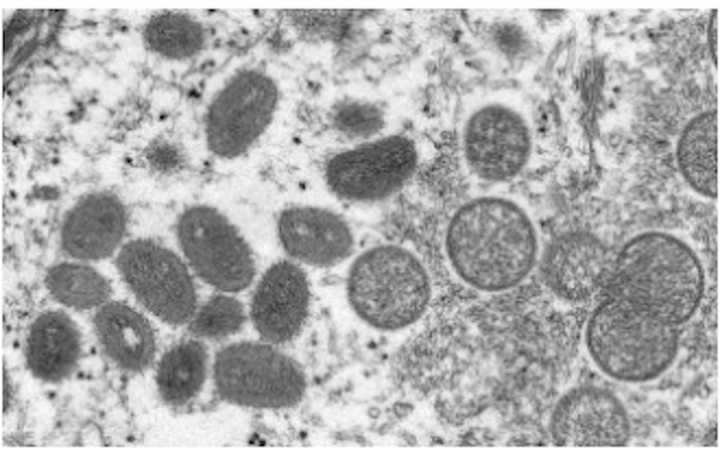Two new presumed monkeypox cases have been reported in New York, bringing the total number of patients being evaluated for the virus up to four.
The New York City Department of Health announced that as of Wednesday, June 1, there have been four people in New York City who have tested positive for orthopoxvirus, which is presumed to be monkeypox.
According to health officials, people most susceptible to contracting monkeypox include people who recently traveled to Portugal, Spain, the UK, Canada, and Central or Western African countries.
It is also more likely to spread among men who have sex with men, or anyone with close social or physical contact with others.
Officials said that most New Yorkers are not at risk of infection with monkeypox.
“Monkeypox is rare but can spread through close prolonged contact with an infected person or animal,” according to the NYC Department of Health.
“This might include contact with the skin lesions, body fluids, or sharing clothes or other materials that have been used by someone who is infectious, and also through respiratory droplets in prolonged face-to-face contact.”
As a precaution, officials said that any New Yorkers who experience a flu-like illness with swelling of lymph nodes and rash occurring on the face and body should contact their healthcare provider.”
There has been one confirmed monkeypox case in Massachusetts, with possible cases being reported in Washington, Utah, California, and Florida, according to the Centers for Disease Control and Prevention (CDC).
Symptoms of monkeypox include a rash that could be preceded by a prodrome including fever, lymphadenopathy, and often other non-specific symptoms such as malaise, headache, and muscle aches.
There is no specific treatment for monkeypox virus infection, although antivirals developed for use in patients with smallpox may prove beneficial, officials noted.
“Based on the limited information available at this time, the risk to the public appears low,” according to the CDC. "Some people who may have symptoms of monkeypox, such as characteristic rashes or lesions, should contact their healthcare provider for a risk assessment.”
Click here to follow Daily Voice Beekman-Poughquag and receive free news updates.
